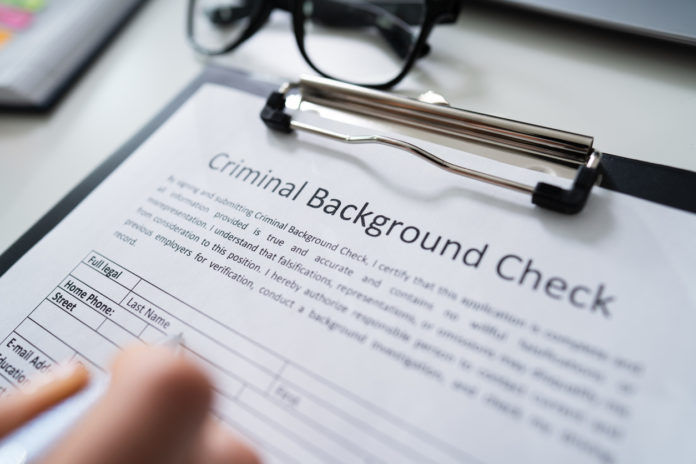Victorians who have carried the burden of a minor historical offence against their name will have a better chance to turn their lives around, thanks to new laws passed by the Victorian Parliament.
Attorney-General Jaclyn Symes said the Spent Convictions Bill 2020 would remove the barriers faced by those who previously committed an offence but have since proven that they are able to rehabilitate and be active members of the community.
“The days of past minor offences dictating the course of someone’s entire life are over – these laws will give hope to many Victorians doing it tough,” the Attorney-General said.
“We’re proud to deliver a fairer scheme that allows people to move on with their lives and fully contribute to society while protecting community safety,” she said.
“For too long, offences like theft or minor property damage have cast a dark shadow over people who never offended again – these new reforms will give these Victorians a greater chance to succeed.”
She said people would no longer struggle to get a job, find a home, or undertake volunteer work because of old criminal records.
“This unjust reality has damaged too many lives for far too long – but that changes today,” Ms Symes said.
She said the reform would serve to protect people from the discrimination and stigma that can come with historical convictions – but did not mean their criminal record would be “wiped” clean.
Police and courts will continue to have full access to criminal history information and complete records will still be released when required for certain employers and third parties to make necessary risk assessments.
Convictions for eligible minor offences will become “spent” and no longer show up in a police check after 10 years, or five years for a juvenile conviction, if the person does not re-offend during that time. The scheme also makes discrimination on the basis of a spent conviction unlawful.
Some convictions will only be eligible to become spent by application to the Magistrates’ Court and only after a magistrate has carefully considered a range of factors, including rehabilitation and any risk to public safety.
The Attorney-General said the changes would benefit some of the most vulnerable members of our community who are disproportionately represented in the criminal justice system, such as Aboriginal Victorians and young people.
“By breaking down the barriers created by minor convictions, the Bill will create better access to employment, education, and housing for Aboriginal Victorians,” Ms Symes said.
The Andrews Labor Government worked with the Aboriginal community, justice sector, law enforcement and victims’ representatives to develop the new legislation.


